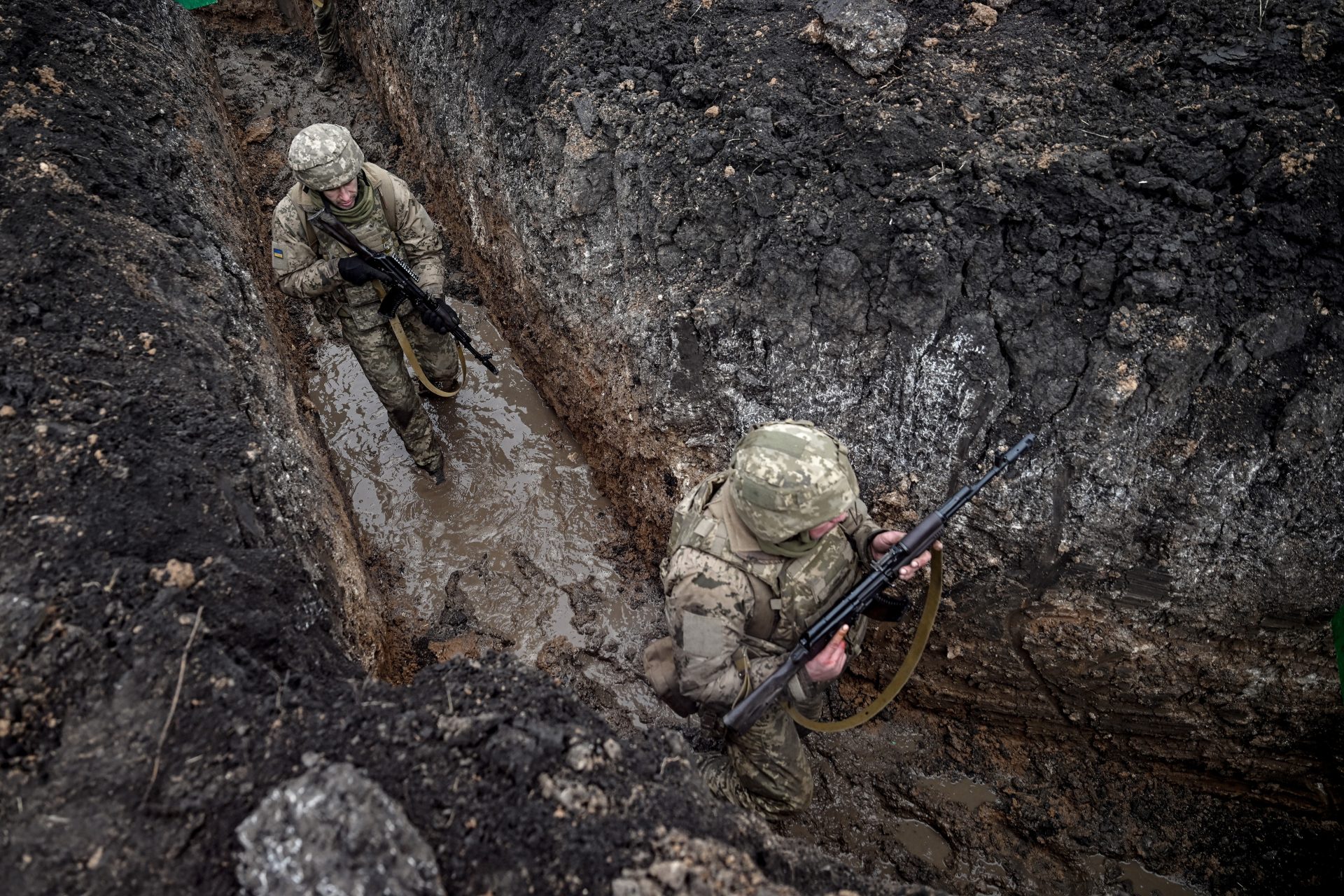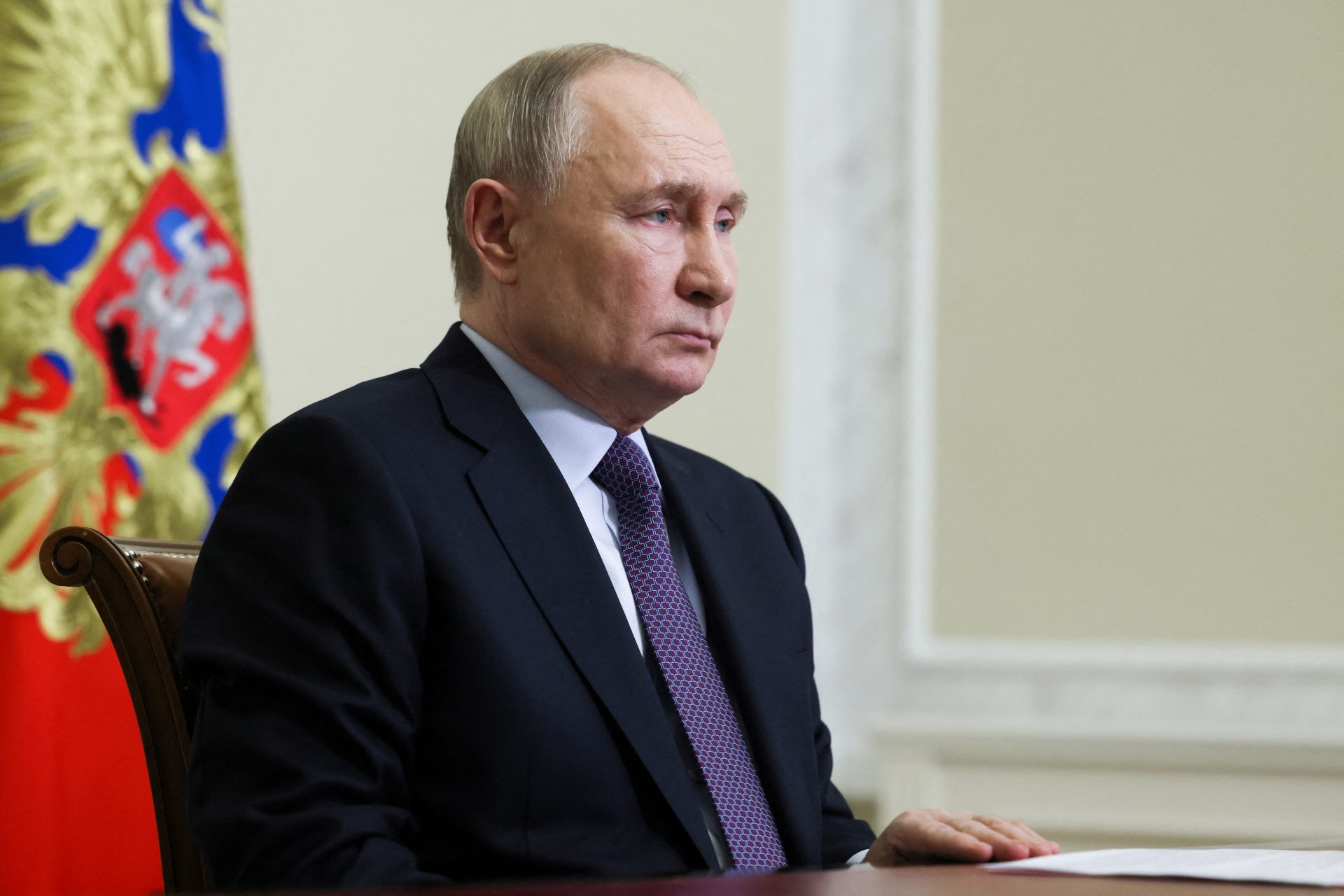Predictions for 2023: Recession fears and the end of the Russia-Ukraine war?
As 2022 comes to a close, experts are reflecting on the biggest challenges the world is facing and are already making predictions and future analysis of what might await humanity in 2023.
From the war in Ukraine, to the high food and fuel prices; the transition to renewable energy, and China’s uncertain post-pandemic path, these are some of the predictions for 2023:
As Ukraine continues to recover lost territory following Russia’s invasion, 92% of members of the Kyiv-based American Chamber of Commerce are confident that Ukraine will win the war.
In the Chamber of Commerce’s latest business climate survey, some 77% of the Chamber’s members said they believe the war will end in 2023 and 12% believe it will end in 2024.
The Russia-Ukraine war affects the production and trade of several critical commodities, particularly those of which both countries are key exporters, including energy, fertilisers, and grains.
The World Bank's Prospects Group senior economist John Baffes said that although commodity prices are expected to retreat in 2023 from peaks recorded this year, they are expected to remain high for the next two years.
Even though food prices are expected to go down about 11% in 2023, they’re not likely to fall back down to prepandemic levels anytime soon, according to AgAmerica’s Covington.
Patrick De Haan, head of petroleum analysis at GasBuddy, said that fuel prices “will likely remain at historical premiums” and will increase in the winter, due to diesel and heating oil being essentially the same product, keeping demand elevated.
The silver lining in the war in Ukraine is that the energy shock will boost the shift to renewables, as it has forced countries to focus on how best to bring power generation within national borders and reduce reliance on other countries.
BDO Global predicts that solar capacity will continue to grow over the next several years, surpassing a terawatt (one million million watts or 1012) of global solar power generation by 2023.
Furthermore, BDO Global predicts a $600 billion global private investment in climate-tech by 2023. Climate-tech meaning any process, product, or service that reduces negative environmental impacts.
The good news around climate for next year however, is overshadowed by the news around global economy. The International Monetary Fund gave a sharp warning: “The worst is yet to come, and for many people 2023 will feel like a recession.”
While some experts have expressed fears of a global recession, others remain less pessimistic. However, they all agree that the global growth will slow further in 2023.
The “fragile” global economy is a direct result of Russia’s war against Ukraine, which has sparked the energy crisis that has spurred inflation worldwide, the Organization for Economic Cooperation and Development (OECD) said in a statement.
Even though the OECD doesn’t predict a recession, it stated that the world will likely avoid it thanks to Asia’s biggest economies: India and China.
Growth next year is “strongly dependent” on major Asian economies, which will account for close to three quarters of the expansion in global GDP, with the United States and Europe “decelerating sharply,” the OECD said.
However, some experts have pointed out that China’s strict “Zero Covid” policy could have a huge impact on the global economy.
Alicia Garcia Herrero, chief economist for Asia-Pacific at Natixis, argued in an article in the Asia Times that China's "zero-Covid" policy could have a greater impact on the global economy than the ongoing war in Ukraine.
In the article, the economist argues that China is the world's second largest economy and it’s 10 times larger than Russia's.
The consequences on China's own economic growth have already been felt in the latest data, especially in the service sector, but also in manufacturing, as some companies decided to close their doors temporarily.
Garcia Herrero pointed out that a prolonged disruption of China's manufacturing industry would be a major shock to the global economy, as China exports up to one-third of the world's intermediate goods.
Some experts, like Zanny Minton Beddoes, editor-in-chief of The Economist, argue that, because of all the aforementioned factors, a recession in 2023 will be “inevitable”.
More for you
Top Stories



































